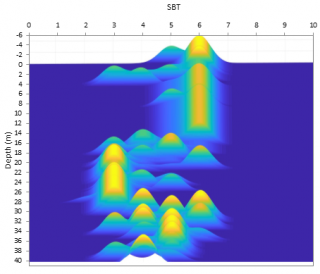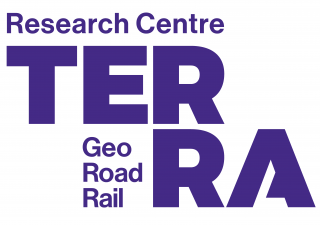Project overview
In this context, intelligent computing refers to the new, innovative ways offered by modern mathematics to improve computation, to process data, and to find better transformation models. Simply put, the aim is to do things better and take advantage of the ever-increasing amount of information as part of the fourth industrial revolution.
Project background
Modern mathematics, such as new optimisation theories, learning algorithms, Bayesian methods, game theories, etc., offer new innovative ways to  approach geotechnical problems. The modern world is characterised by a constant increase in the amount of information. Data can be grouped in many different ways, data can be accurate/inaccurate, continuous/discontinuous, scarce, coherent, faulty, and so on. Processing and analysing large amounts of data, finding various dependencies and reducing uncertainties require that we boldly adopt new methods.
approach geotechnical problems. The modern world is characterised by a constant increase in the amount of information. Data can be grouped in many different ways, data can be accurate/inaccurate, continuous/discontinuous, scarce, coherent, faulty, and so on. Processing and analysing large amounts of data, finding various dependencies and reducing uncertainties require that we boldly adopt new methods.
Phases of the project
Already in the development of the Geocalc program, new optimisation theories for stability calculation were utilised in collaboration with Professor Y.M. Cheng. At the same time, we also made the first experiments on the utilisation of learning algorithms in stability analysis and regional variation of parameters. Now our goal is, among others, to develop the utilisation of artificial intelligence for CPTU interpretation.

